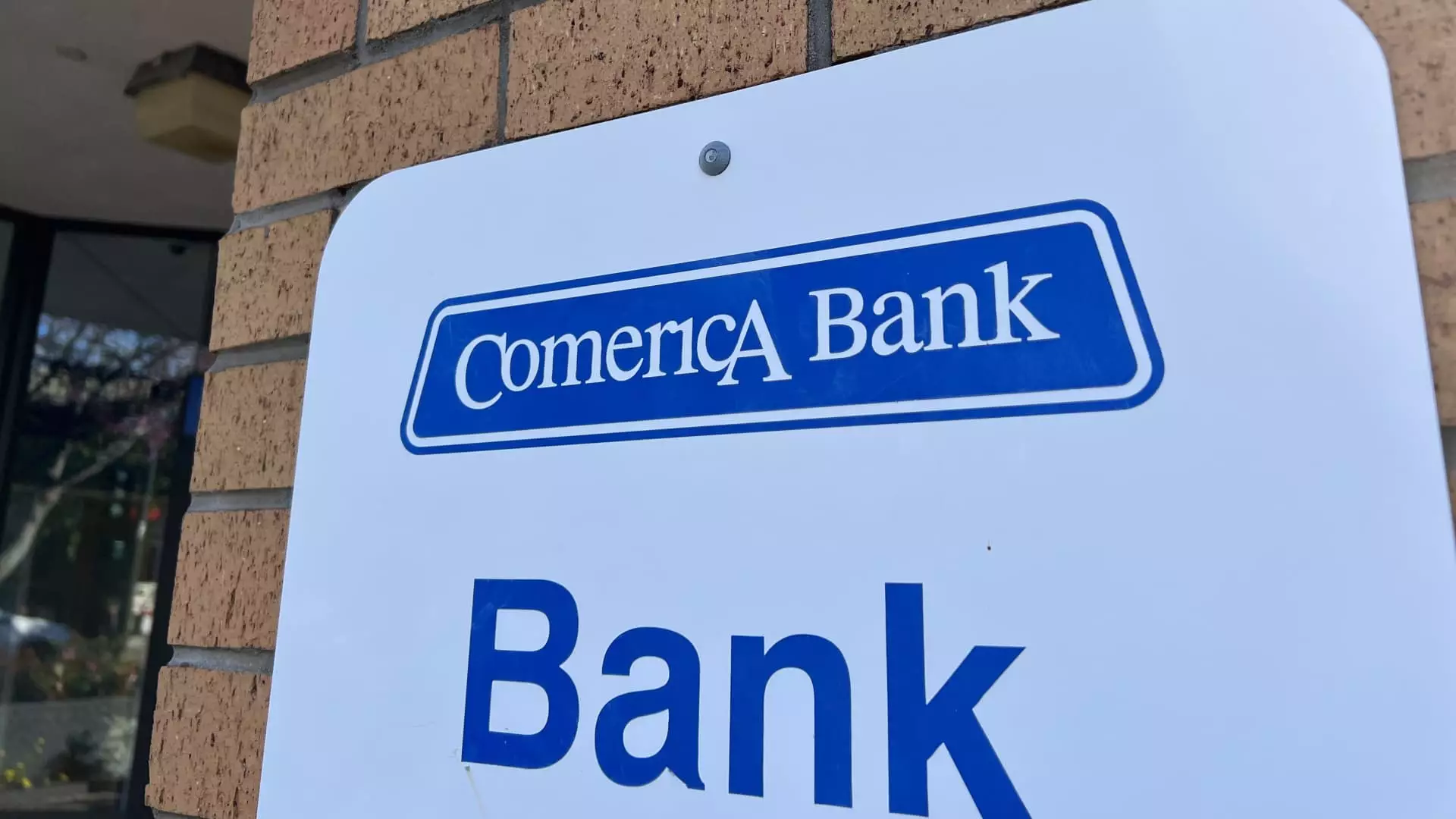On a recent Friday, the Consumer Financial Protection Bureau (CFPB) initiated a significant legal action against Comerica Bank, raising serious allegations regarding the management and administration of the Direct Express prepaid debit card program. This program caters to millions of beneficiaries who depend on federal benefits, such as Social Security. The complaint suggests that Comerica’s actions—or lack thereof—have not only undermined customer service but also exploited vulnerable populations reliant on these federal benefits.
Central to the CFPB’s accusations is the claim that Comerica exhibited a troubling pattern of customer service failures. The Bureau alleges that over 24 million customer service calls were intentionally disconnected, leading to frustration and confusion among cardholders who were simply trying to access their funds. Furthermore, the charges of imposing unwarranted ATM fees on more than a million cardholders raise concerns about transparency and ethical banking practices. Such questionable tactics, if proven true, could indicate a concerning trend of prioritizing profit over the well-being of individuals, particularly those living on fixed incomes.
CFPB Director Rohit Chopra encapsulated the gravity of the situation, suggesting that Comerica’s actions have amounted to an alarming exploitation of some of the most vulnerable members of society. This indictment is not just about financial transactions; it points to a wider issue of corporate responsibility in the financial sector.
Since its contract inception in 2008 with the Department of the Treasury, Comerica has played a crucial role in facilitating the Direct Express program. This prepaid card system serves as a lifeline for seniors and disabled individuals who may lack access to traditional banking services. The expectation is clear: Comerica is tasked with providing reliable access to funds and responsive customer service. However, the allegations suggest that Comerica may have fallen short of these expectations, raising questions about their commitment to the communities they serve.
Moreover, the promise of 24/7 customer service on the Direct Express website starkly contrasts with the reported reality of families finding it virtually impossible to connect with live support representatives. This discrepancy betrays the trust that beneficiaries place in the financial institution to manage their funds competently and compassionately.
In response to these grave accusations, Comerica has filed its own complaint against the CFPB, contending that the Bureau has overstepped its bounds and failed to recognize the constraints under which Comerica operates. The bank argues that its actions were conducted with appropriate oversight from the federal government. Comerica’s assertion of adherence to regulations presents a complex landscape of accountability, where both the bank and federal authorities share in the responsibility for the outcomes experienced by cardholders.
To contextualize the CFPB’s actions, it is critical to acknowledge previous enforcement measures against other financial institutions, such as Bank of America, which was fined for similar mishandlings of benefits during the pandemic. These enforcement patterns illustrate a broader trend within the CFPB to hold financial institutions accountable for their treatment of consumers, particularly in times of crisis.
The lawsuit against Comerica Bank by the CFPB underscores the pressing need for accountability in the financial services sector, especially concerning programs that support vulnerable populations. As this case unfolds, the outcome will not only affect Comerica’s reputation and operational practices but also serve as a critical moment for the industry as a whole. It is an opportunity for institutions to reflect on their commitment to ethical practices and their role in safeguarding the financial security of all Americans. This situation should serve as a reminder that transparency and integrity in financial dealings must remain paramount, particularly when the livelihoods of so many depend on it.

Leave a Reply